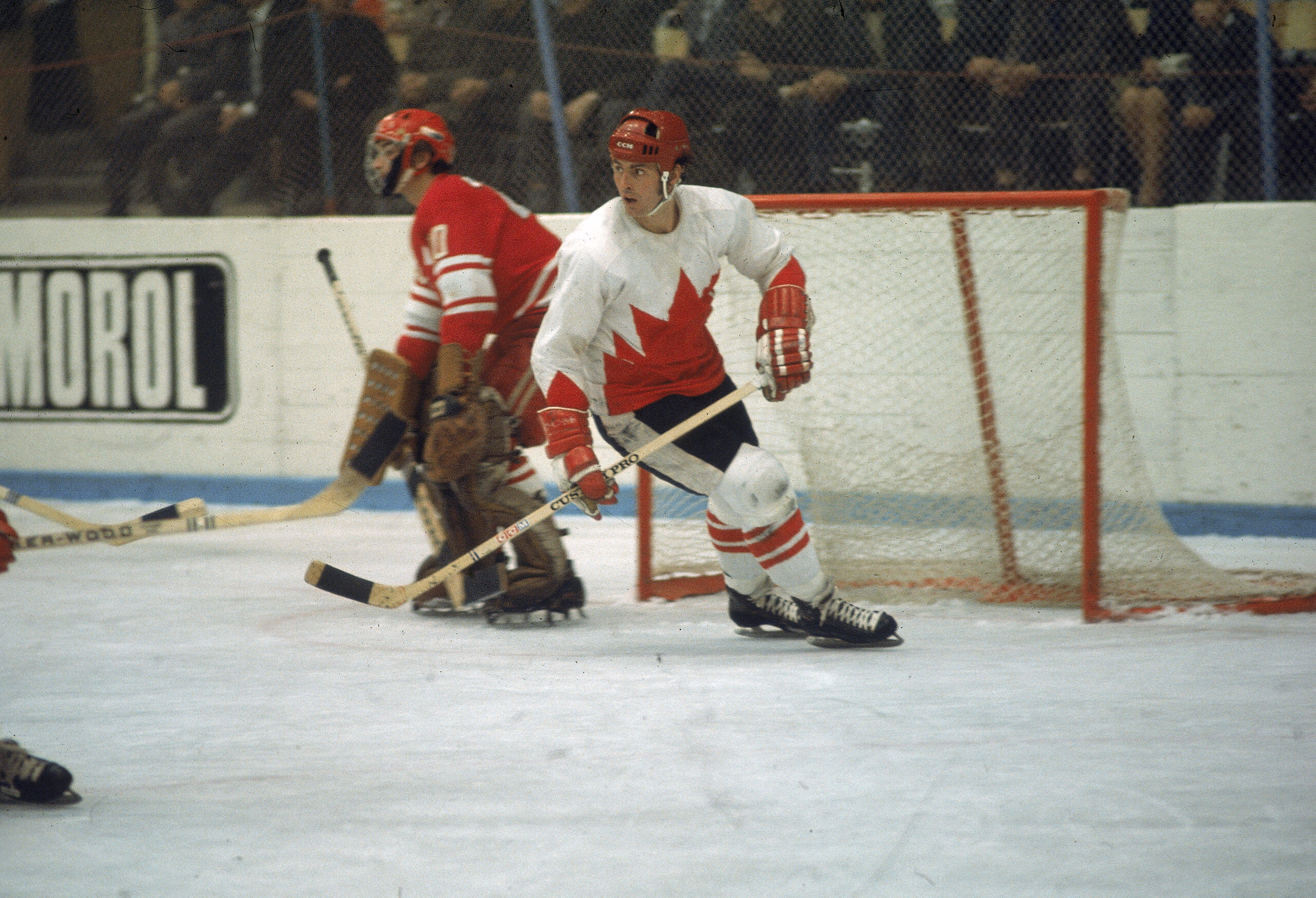

Canada's historical dominance in hockey is undeniable, but the question of whether they remain the top power in the sport is a complex one in 2025. While the nation's passion for hockey remains unwavering, and they continue to produce exceptional talent, the international landscape has become increasingly competitive.
Recent performances offer a mixed bag of evidence. Canada secured gold at the 2025 IIHF U18 Men's World Championship, showcasing the strength of their junior programs. Additionally, Team Canada won the inaugural 4 Nations Face-Off in February, defeating the United States in overtime. This victory, against a field of strong competitors including the United States, Finland, and Sweden, underlines Canada's ability to perform in best-on-best scenarios.
However, the 2025 IIHF World Championship saw Canada fall short of expectations. Despite a strong preliminary showing, they were upset by Denmark in the quarterfinals, marking the first time since 2014 that Canada did not finish in the top four. The United States ultimately won the gold medal, defeating Switzerland in the final. This result raises questions about Canada's depth and ability to perform consistently at the highest level.
Looking ahead, the 2026 Winter Olympics in Milan and Cortina d'Ampezzo represent a significant opportunity for Canada to reassert its dominance. With the return of NHL players to the Olympic stage, the competition will be fierce. Hockey Canada has already named the first six players to the Olympic team: Sidney Crosby, Nathan MacKinnon, Cale Makar, Connor McDavid, Brayden Point, and Sam Reinhart. This core group combines established stars with emerging talent, providing a strong foundation for a gold medal push. Jon Cooper, head coach of the Tampa Bay Lightning, will lead Canada at the 2025 4 Nations Face-Off and 2026 Olympic Winter Games.
General Manager Doug Armstrong, along with Ryan Getzlaf and Scott Salmond, will guide Team Canada through the 2026 Olympics. Bruce Cassidy, Peter DeBoer, Rick Tocchet, and Misha Donskov will serve as assistant coaches. The team is preparing at the National Teams Orientation Camp in Calgary.
One potential area of concern for Canada is goaltending. While Jordan Binnington has shown promise, particularly at the 4 Nations Face-Off, the position lacks the historical dominance of past Canadian Olympic teams. The performance of Binnington, Adin Hill, or Logan Thompson will be crucial to Canada's success in 2026.
According to the IIHF World Rankings, Canada is a strong contender, although recent rankings have shown some shifts at the top. While Russia holds the top spot, due to their performance record, the United States is ranked second, and Canada is in fourth place. These rankings reflect the long-term performance of national team programs, taking into account results from recent World Championships and Olympic tournaments.
Ultimately, whether Canada is still the top hockey power is a matter of perspective. While they continue to develop elite players and perform well in various international competitions, the increased competitiveness of other nations means that dominance can no longer be taken for granted. The 2026 Winter Olympics will be a crucial test, providing an opportunity for Canada to reaffirm its place at the pinnacle of the hockey world.